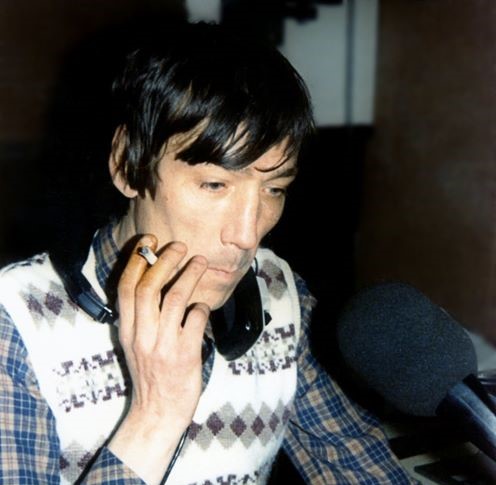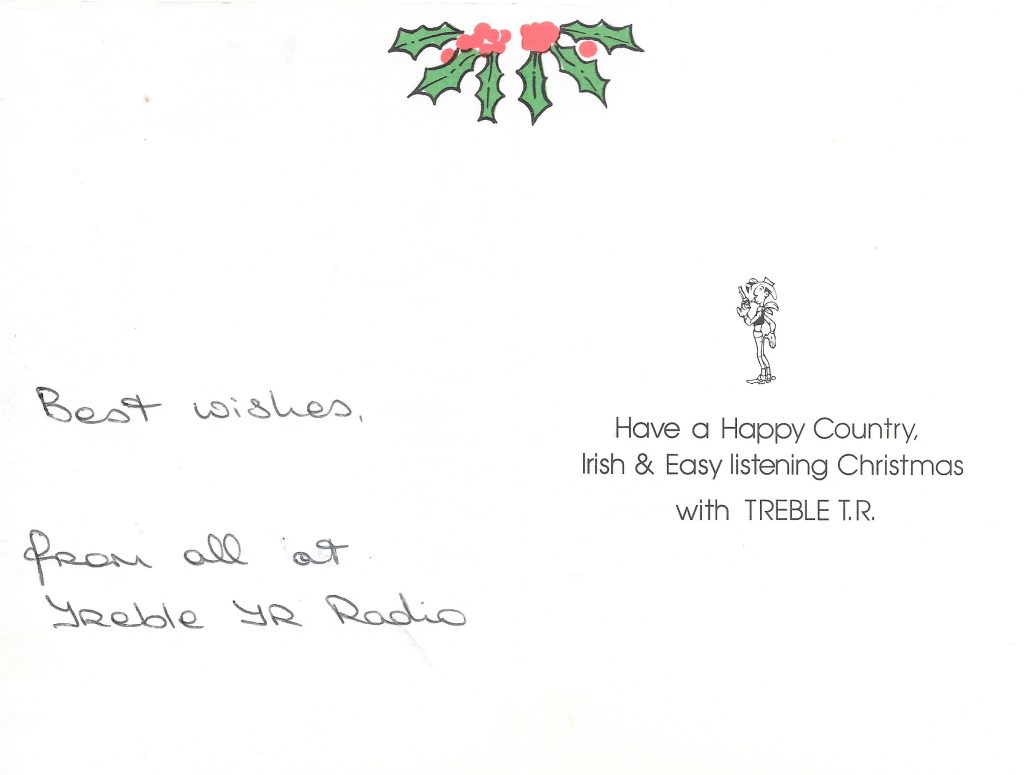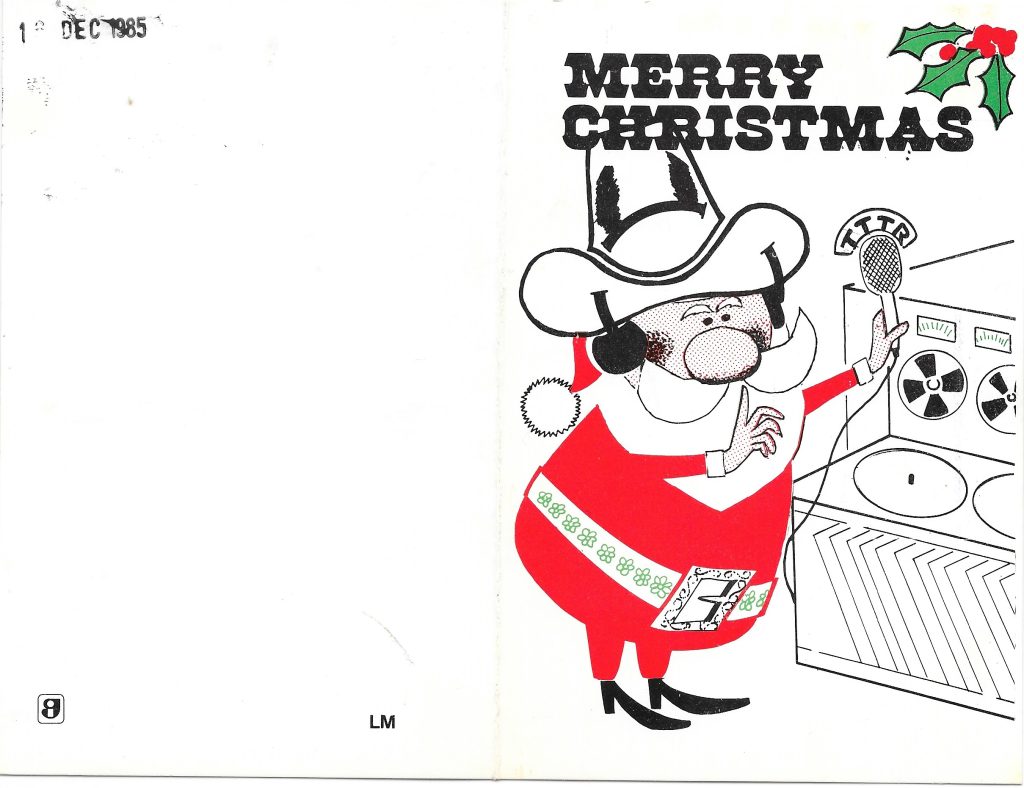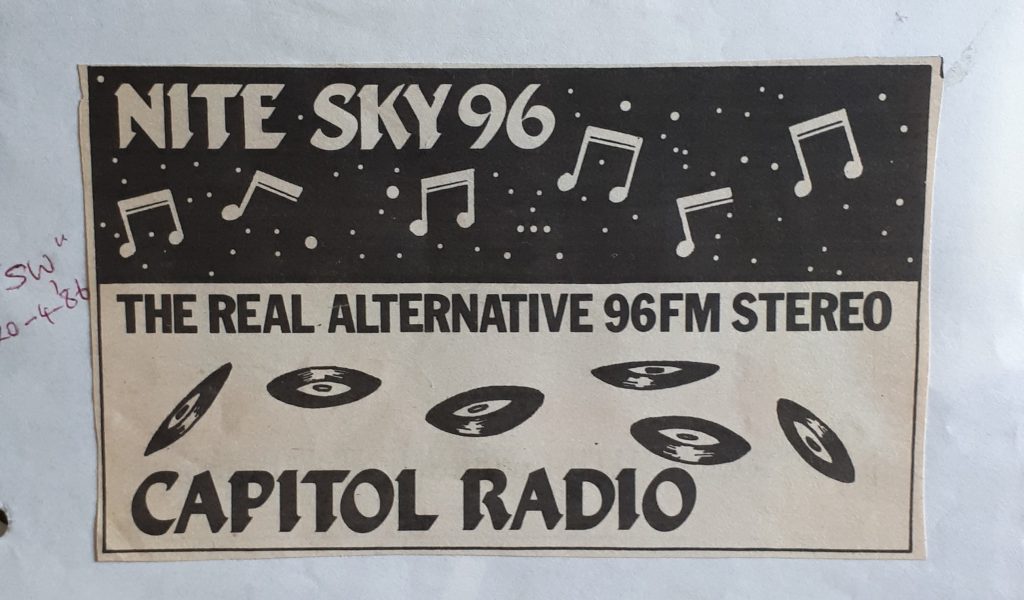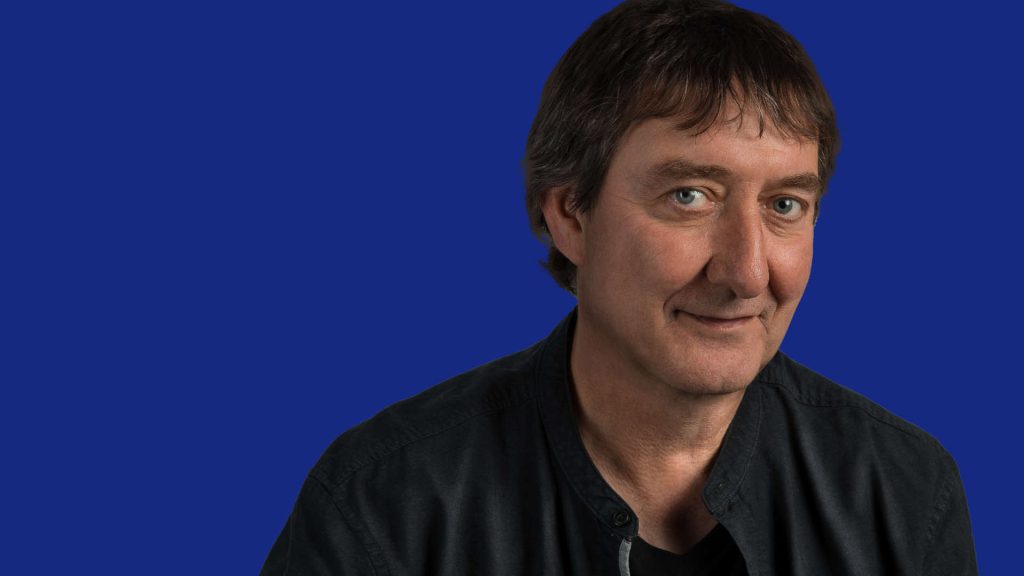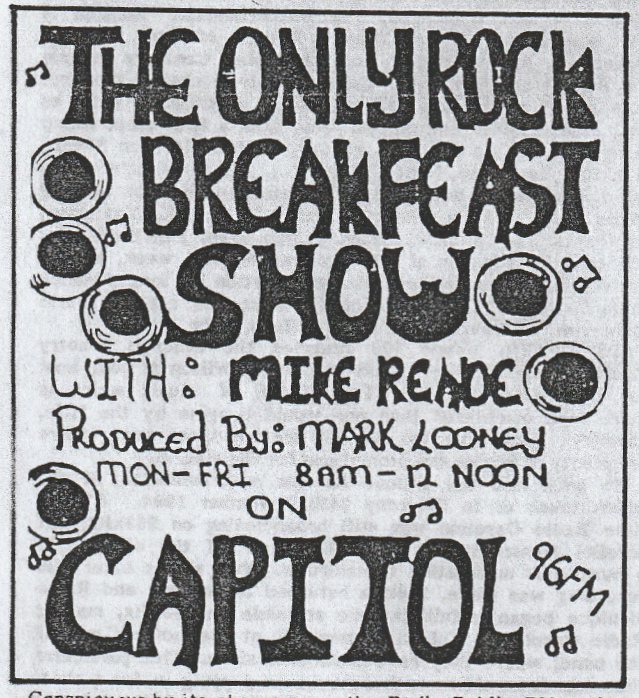Podcast: Play in new window | Download
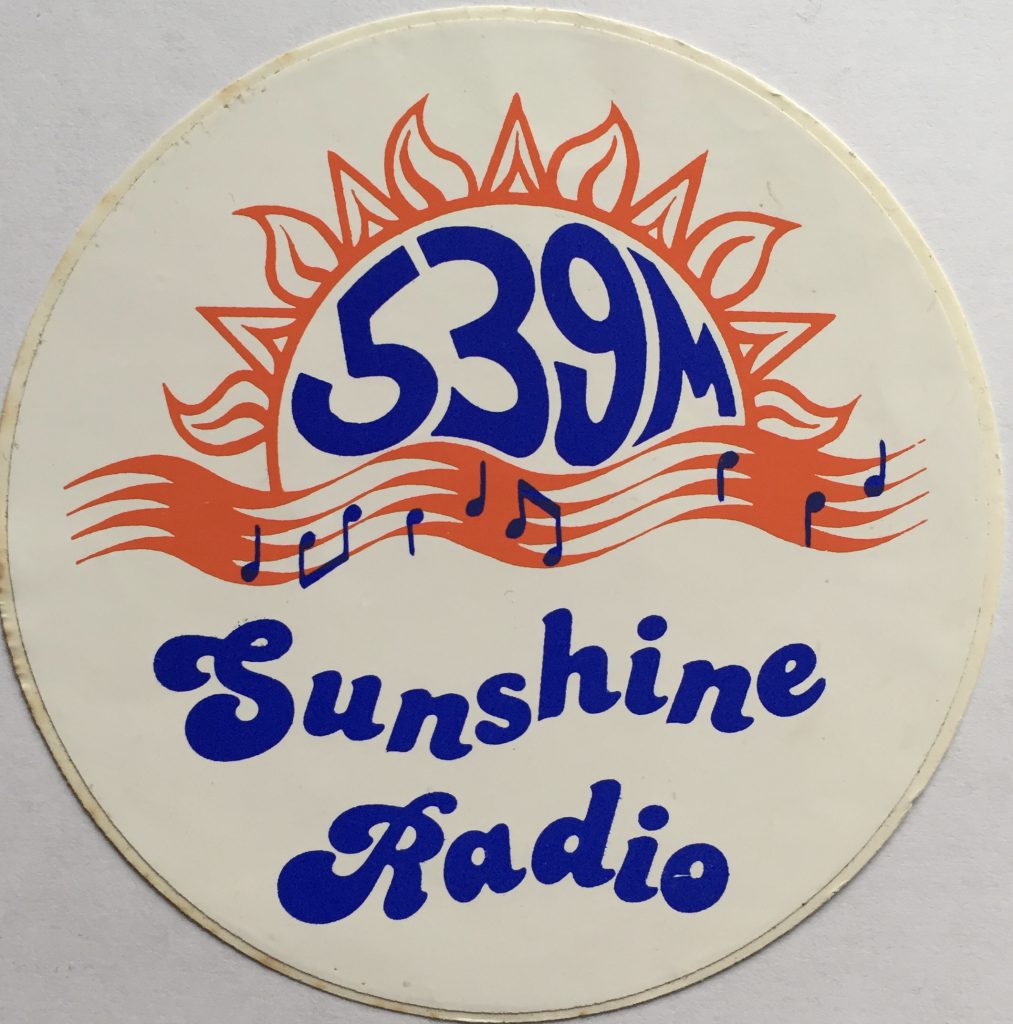
Sunshine Radio celebrated its first Christmas and New Year on air in 1980, having begun broadcasting on 13th September that year, with an official launch on 29th September. By using high-powered transmitters, professional staff and a commercial model, Sunshine would change the direction of Irish radio in the coming years.
This recording is of Sunshine’s first New Year’s Eve and features Manon Christie, daughter of Robbie Robinson (Robbie Dale), one of Sunshine’s founders. Manon was a DJ in the station’s early period. The other founder was of course Chris Cary, who would leave Sunshine in January 1981 to set up Radio Nova. Manon goes through the headlines of the year and also live-reads some adverts. News at midday is read by Adrian Horsman.
The tape was made in Leeds from 531 kHz AM and suffers from foreign co-channel interference, exacerbated by the time of year. It was recorded between 1157-1333 on 31st December 1980 and is courtesy of DX Archive. Thanks to Ian Biggar for his assistance.

